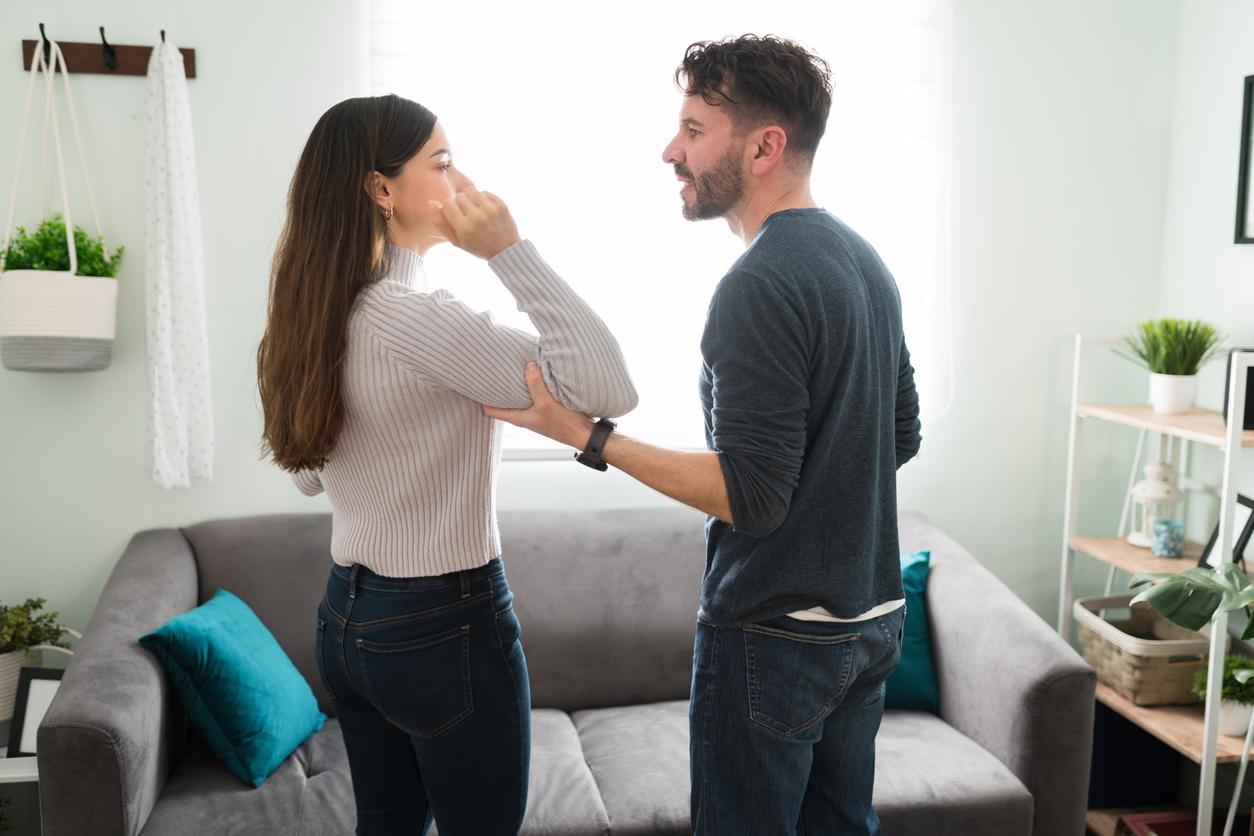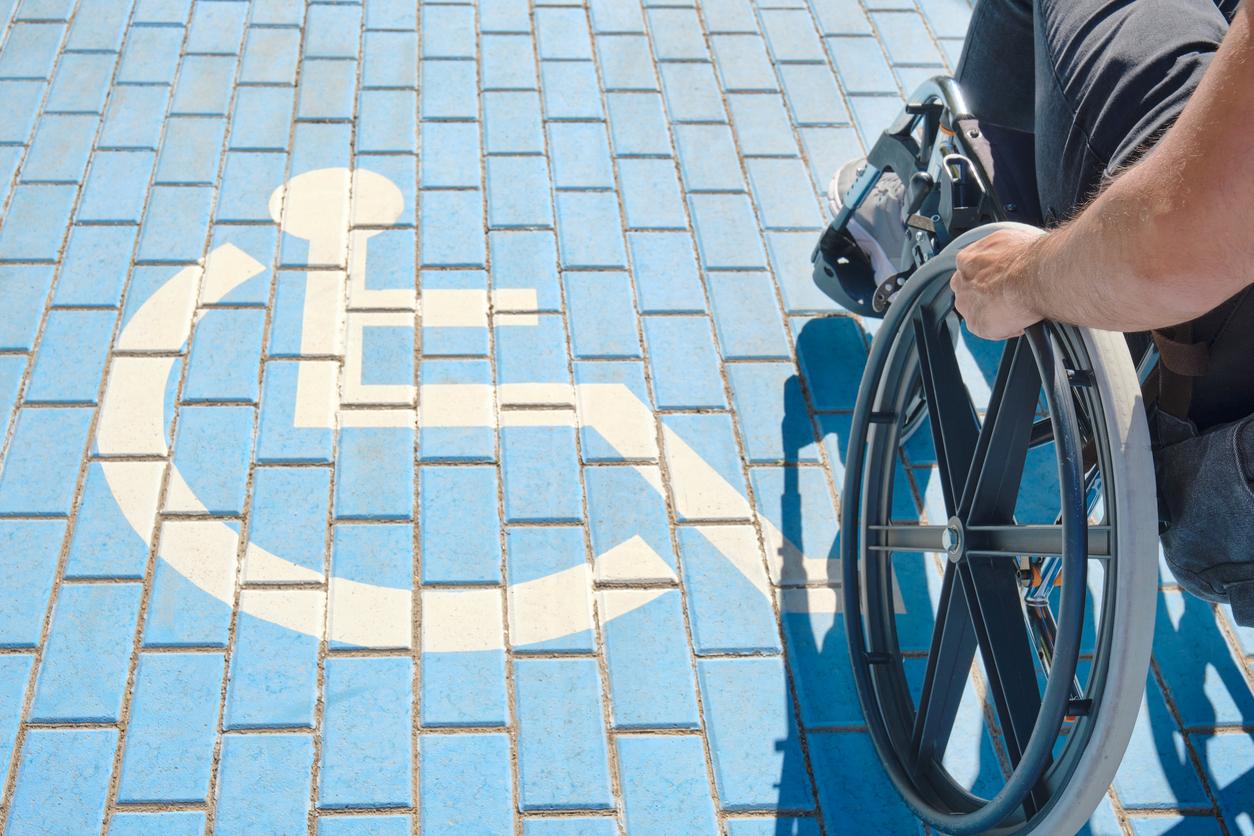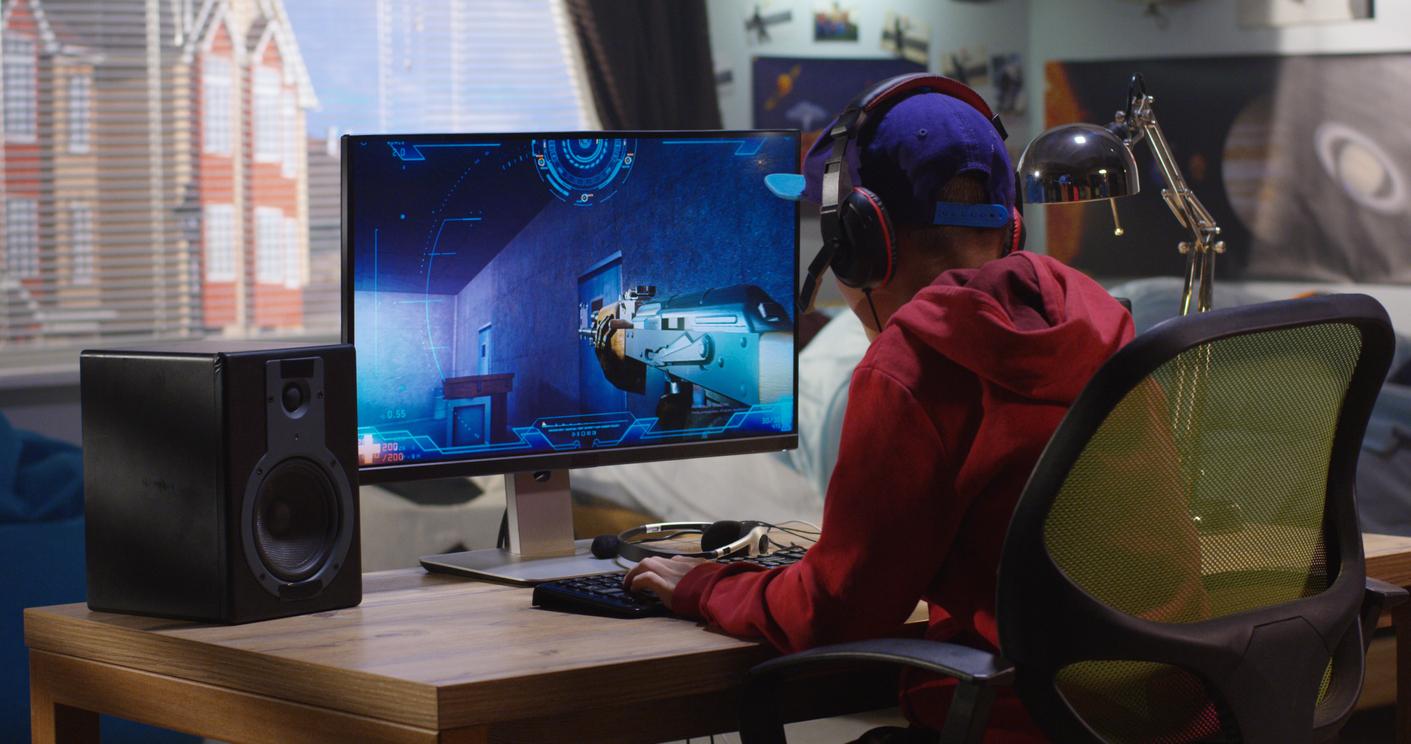INTERVIEW – Despite a growing awareness, doctors are struggling to detect the violence suffered by their patients, for lack of real training. Doctor Gilles Lazimi testifies.

It was a taboo subject a few years ago. Like society, doctors have been slow to interfere in the private lives of women victims of violence. In fact, no compulsory training is provided during medical studies on the subject. And if some establishments offer teaching modules to detect and treat cases, these local initiatives are the goodwill of a few.
Yet the demand is there. A survey recently conducted by the National Association of Medical Students of France (ANEMF) showed that 95% of students wanted to obtain specific training. Some tools, like the short films Anna and Elisa, have certainly been put in place to guide health professionals, future doctors as well as practicing practitioners. But as the first interlocutors of victims, their lack of training is regularly singled out.
The arsenal of measures presented by the Minister of Health on Tuesday should partly fill this gap. She mentioned in particular a new protocol to create a continuous path for the victims of this violence, by encouraging the networking of professionals responsible for supporting them.
Gilles Lazimi is a general practitioner and director of the Municipal Health Center of Romainville, in Seine Saint-Denis (93). An activist for the cause, he is also a member of the High Council for Equality between Women and Men. It provides training at Pierre and Marie Curie University, and seminars for practitioners – general practitioners, psychiatrists, gynecologists …
Why do doctors struggle to spot violence against women? Is it just a matter of training?
Dr Gilles Lazimi: For the most part, yes. Women victims of violence do not spontaneously confide in practitioners, whom they nevertheless consult regularly to treat their disorders, when they have them. A doctor can follow a patient for years for multiple symptoms, without making the connection to the origin of the pathologies, quite simply because they have not been taught to ask the right questions. Patients only give us to see and understand what we ask for …
For a long time, doctors also felt that what went on in the privacy of their patients was none of their business. During my training, I review the different prejudices that can affect our profession, the little phrases that we have all heard, or say: “Not in my customers”; “This is not the type of the neighborhood”; “I’m not a cop; is she telling the truth? “; “It is not a medical problem, but a legal one” …
However, we quickly realize that women confide in their doctor very easily, as long as we ask them the question. Moreover, when we explain to doctors that they have a primordial role to play, that they can really help them, it is a liberation for them.
How to identify victims of violence? Are there any characteristic symptoms?
Dr Gilles Lazimi: There are no specific symptoms, but a large number of clinical signs that can point the way. Of course, what concerns the physical domain should be closely monitored – blows, fractures, injuries, burns… Women victims of violence can also be suffering from psychological disorders (hyperemotivity, anxiety, depression…), develop addictions, disorders. food, digestive or psychosomatic. Some show post-traumatic reactions, but others do not develop any visible disorder.
The best way to identify cases of violence remains the systematic questionnaire. Just as one asks for details about a medical history, tonsil surgery, or appendicitis, women should always be asked three specific questions. Have you ever been the victim of verbal violence (sexist, humiliating, demeaning, insults, threats, etc.)? Have you ever been physically abused, beaten, pushed around or beaten by a man? Have you ever been the victim of sexual violence, touching, forced intercourse?
These questions allow effective screening for violence. And when the origin of the pathologies is understood, the management improves significantly: improvement of the general condition, reduction of medical care …
What do you advise general practitioners, once they have identified violence as the origin of the pathologies?
Dr Gilles Lazimi: First, to have the appropriate words. “Thank you for your confidence, I believe you, he has no right, he is solely responsible”. The aggressor’s strategy, which we study thoroughly to fully understand the reactions of the patients, aims to make the victim feel guilty. This is to make her understand that she is indeed a victim of this strategy.
It is also necessary to provide the patient with addresses and telephone numbers, to direct her to associations – for the defense of rights, or for the reception of victims … For this, the practitioner must create a network, as for all pathology, moreover.
I also teach to write a? Medical? Certificate of? Finding, which can be used as proof if the patient wants to file a complaint, even later. I wrote certificates which were used thirteen years later …
.















